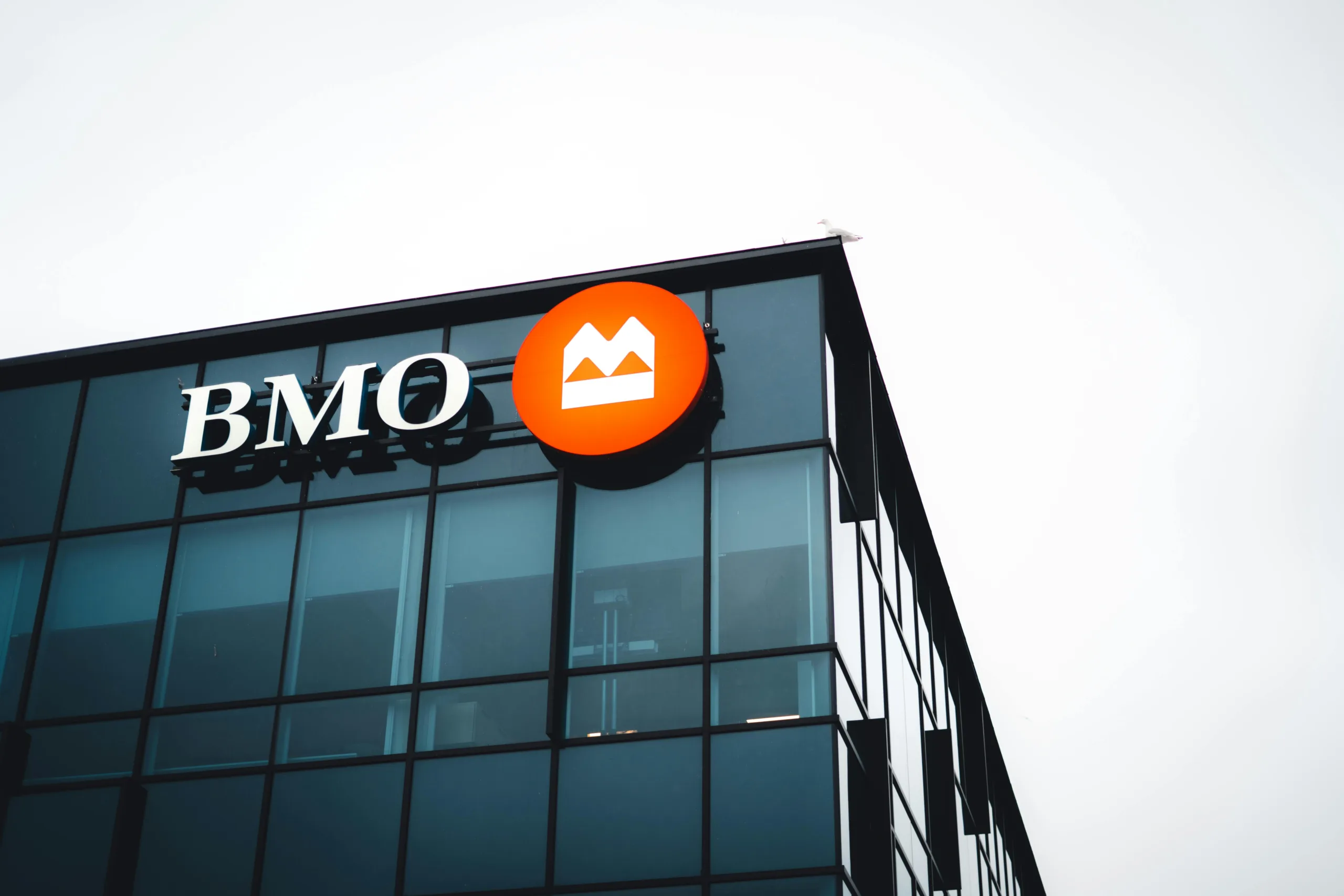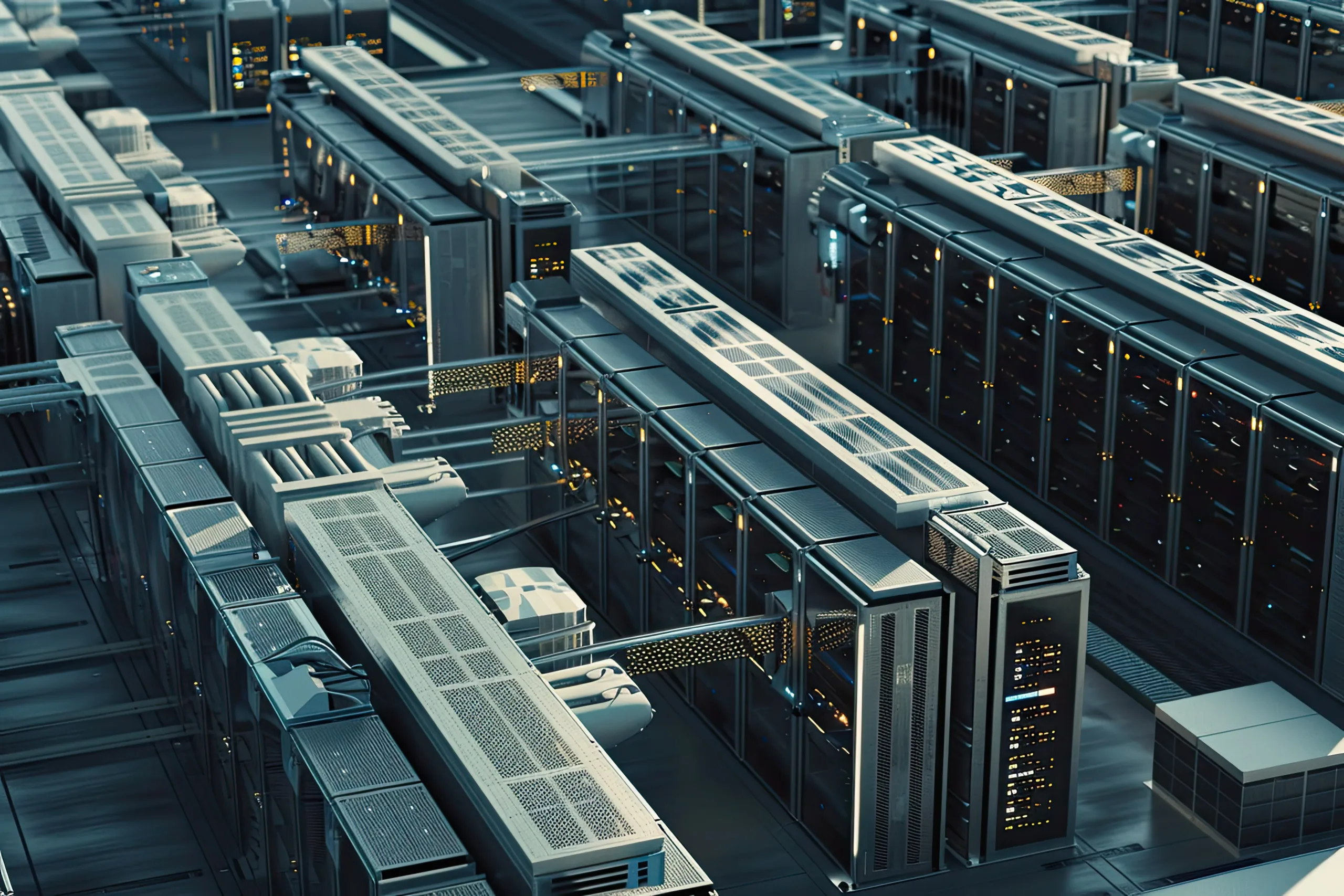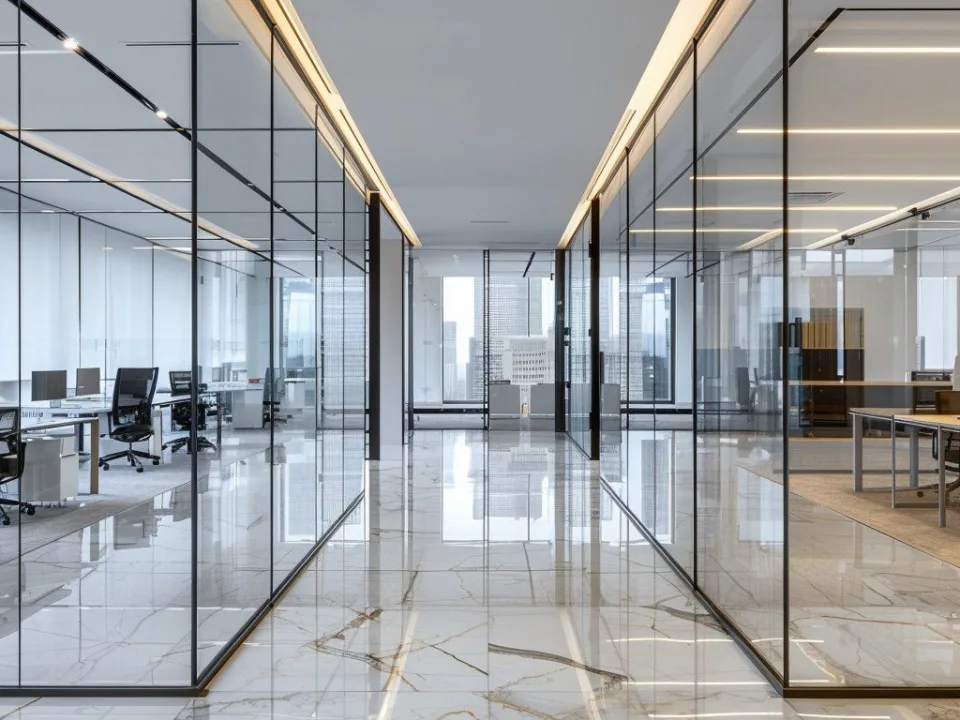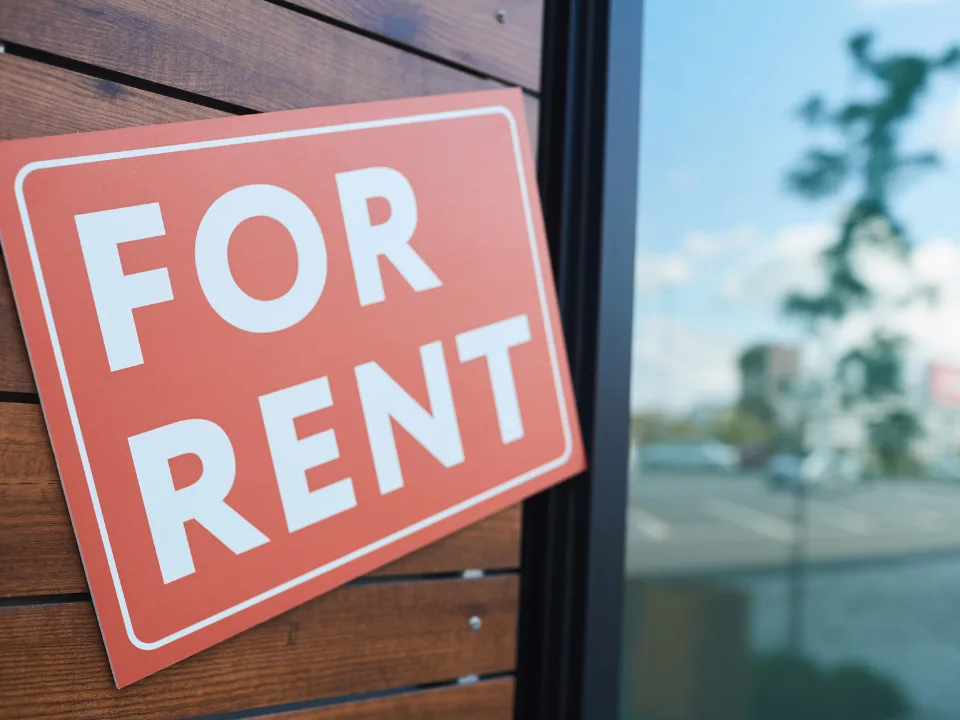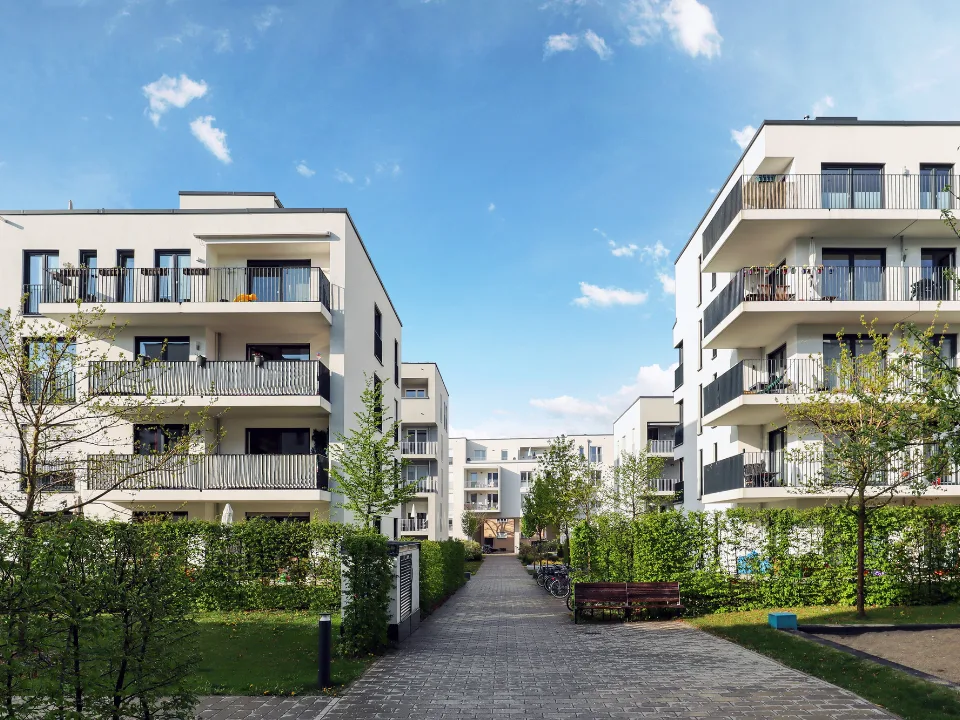- Data center sales in North America dropped more than 50% YoY in H1 2025, totaling less than $1B, per CBRE.
- Investors are pouring capital into new developments to meet surging AI-driven demand, overlooking value-add opportunities in existing assets.
- Experts say upgrading and expanding older data centers — or acquiring fully leased ones — could deliver strong long-term returns.
- Industry insiders expect a wave of stabilized, hyperscale assets to hit the market by 2027–2028, potentially creating a new buying opportunity.
A Shift In Strategy
While data center investment remains near record highs, acquisition activity is slowing, reports Bisnow. AAccording to CBRE, transaction volume dropped by more than half year-over-year in early 2025. At the same time, new construction is accelerating to keep up with AI-related demand.
Much of the investment is flowing into ground-up developments. A recent CBRE survey found that 62% of investors favor new builds, while only 7% are focused on acquiring stabilized assets.
Why Investors Are Favoring Development
Rising demand — and nearly zero vacancy in key markets — has investors chasing new builds with higher yield potential. Many of the data centers built in recent years are single-tenant, long-term leased assets offering limited upside.
“From our point of view, you want to be building, not necessarily buying,” said Fentress Boyse of Partners Group, which backs hyperscale builder EdgeCore Digital Infrastructure.
Get Smarter about what matters in CRE
Stay ahead of trends in commercial real estate with CRE Daily – the free newsletter delivering everything you need to start your day in just 5-minutes
Missed Opportunities?
Not everyone agrees with the development-first mindset. Bryan Marsh of StratCap Data Centers believes acquisition opportunities are being ignored. His firm spent nearly $1B on existing US data centers in late 2024.
“We’re very bullish on it,” Marsh said, pointing to value-add opportunities in older or partially occupied facilities.
Sale-leasebacks are one way firms are capitalizing. StratCap recently acquired a one-third-occupied corporate data center in Toronto and partnered with a utility to add 25MW of capacity.
Smaller Assets, Bigger Potential
Sub-100MW facilities offer different economics. Attorney Jeffrey Moerdler of Mintz noted these assets are often easier to upgrade and face fewer regulatory hurdles than greenfield projects — making them attractive for mid-sized investors.
“These deals can offer faster revenue and fewer entitlement battles,” Moerdler said.
The Long Game
Sales of stabilized, hyperscale data centers are rare today, but industry players expect that to change within a few years. Developers that built facilities for Big Tech may look to offload assets by 2027–2028, creating a bond-like investment class for institutional buyers.
“There will be a big buying opportunity,” said Vardahn Chaudhry of PowerHouse Data Centers. “These assets will throw off cash flow and offer credit-grade leases.”
Looking Ahead
Some experts speculate that Big Tech companies like Microsoft and Google could eventually sell parts of their self-developed data centers through sale-leasebacks. This move would mirror how telecom firms spun off their tower assets about a decade ago.
While speculative, such a trend would open the floodgates for institutional capital already eager to enter the space.
“There’s generally a lot of capital available for this sector,” said Boyse. “It’s just a matter of the right opportunity.”
